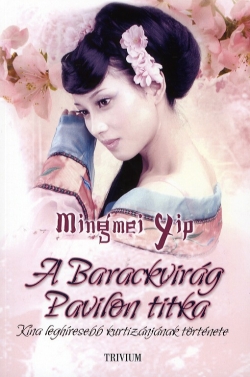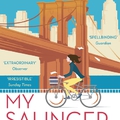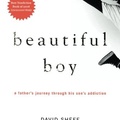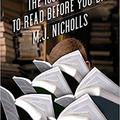Mingmei Yip: Peach Blossom Pavilion

I have not been affected so far by the huge popularity of geisha and, in general, Far Eastern novels. Consequently, I started to read Mingmei Yip's novel with completely naive eyes. And even though I am still not entirely aware of all the clichés and rules of geisha/courtesan novels after reading Peach Blosson Pavilion, I got a feeling that Ms. Yip learned her lesson and made sure that she used as many of the recommended ingredients of a geisha novel as possible. (Yes, I know geishas are Japanase, and this novel is set in China, but I am sure you get the point.)
The story is set in China in the 1920s, and it centers around the beautiful young girl, Xiang Xiang (a.k.a. Precious Orchid). Our heroine is only thirteen years old when she arrives at the most elite brothel of Shanghai, Peach Blossom Pavilion, after her father was innocently sentenced to death, and her mother entered a monastery. After the initial difficulties and some feeble revolt attempts, Precious Orchid becomes a priceless possession for the owners of the brothel. She slowly evolves into an awesome and sophisticated beauty, and the Shanghai elite worships her for her countless musical, artistic and erotic talents, and immerses her in a heap of presents and flowers everyday. Precious Orchid enjoys the luxury, but in her heart, of course, she hates and despises everyone and everything connected to the brothel, and her only goal in life is to leave her golden cage one day and take her revenge for the death of her innocent father.
The novel offers all that can be enticing in a story set in an exotic, faraway, culturally different time and space. Among other things, it contains several sex scenes which seem over-mystified and much too sophisticated, but still interesting for a reader from the Western world. It also offers us a glimpse of Chinese daily rituals such as the ritual of tea-drinking: the characters drink countless cups of tea during the course of the story, and drinking tea seems to have the same social function as drinking an alcoholic drink has in western literature. And to top all these, the novel contains a lot of cheap but profound-sounding, mock-Chinese philosophy about the way jin and jang, and good and bad karma interact with each other.
However, there is one ingredient which is painfully missing from the novel: the soul. Even though the story is told from Precious Orchid's perspective, and she is telling the reader about her own life and her own experiences, the narration still lacks both feeling and a touch of personality. Her words are usually bare and hollow, and they do not manifest any feeling, pain or desire. The soullessness of the narration is even more underlined by the fact that our heroine is a very unlikeable, selfish and shallow person, who, among several other things, is even capable of leaving her true love because she misses the luxury of her past.
You should not look for deep sentiments, profound characterization or believable, dramatic life stories in this novel. The best (or the least irritating) way to read this novel is to simply take it as an erotic adventure story in which the unrelenting heroine survives the most gruesome difficulties, and manages to find her place in the world against all odds. By the way, sometimes the novel reminded me of Marquis De Sade's Justine – only without its humour. Anyway, it might be possible to enjoy this novel as an easy to read adventure story, because I certainly admit that it is full of action and it is not boring for a minute.





